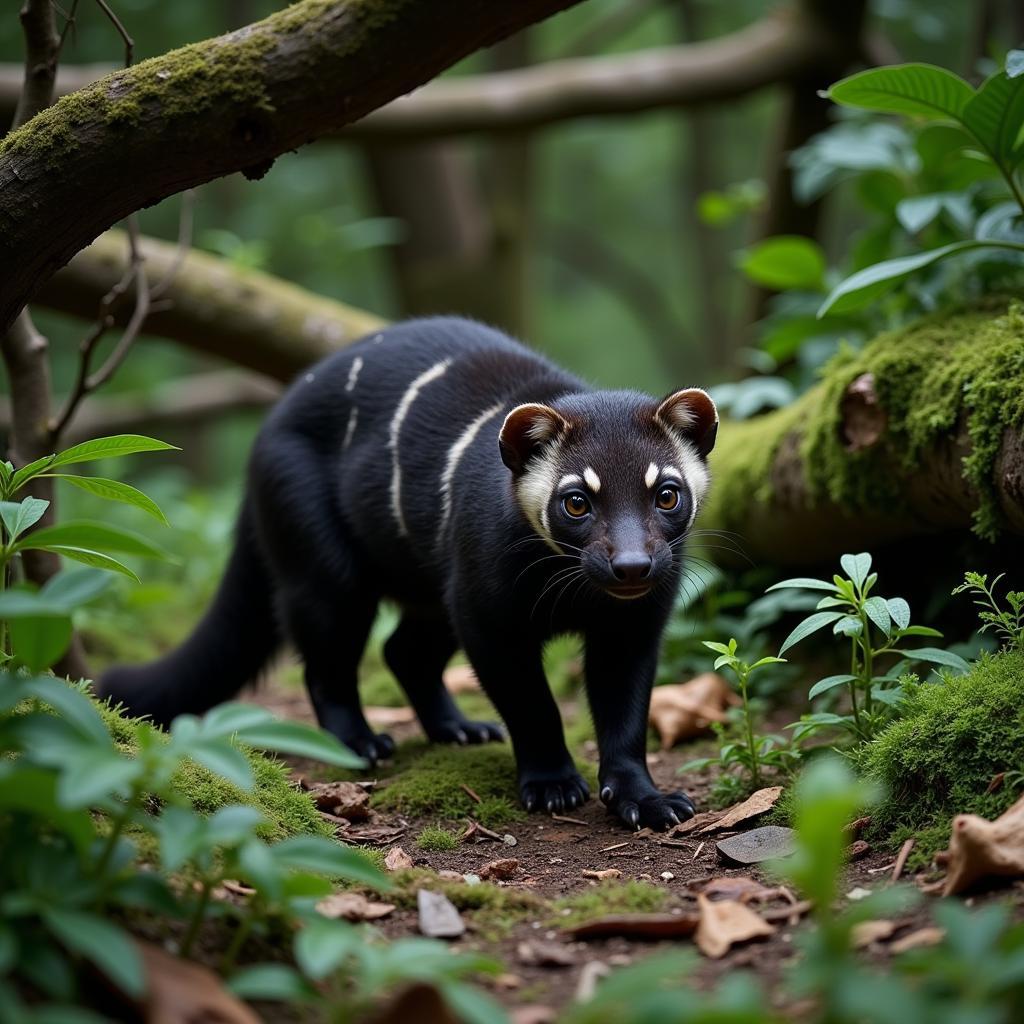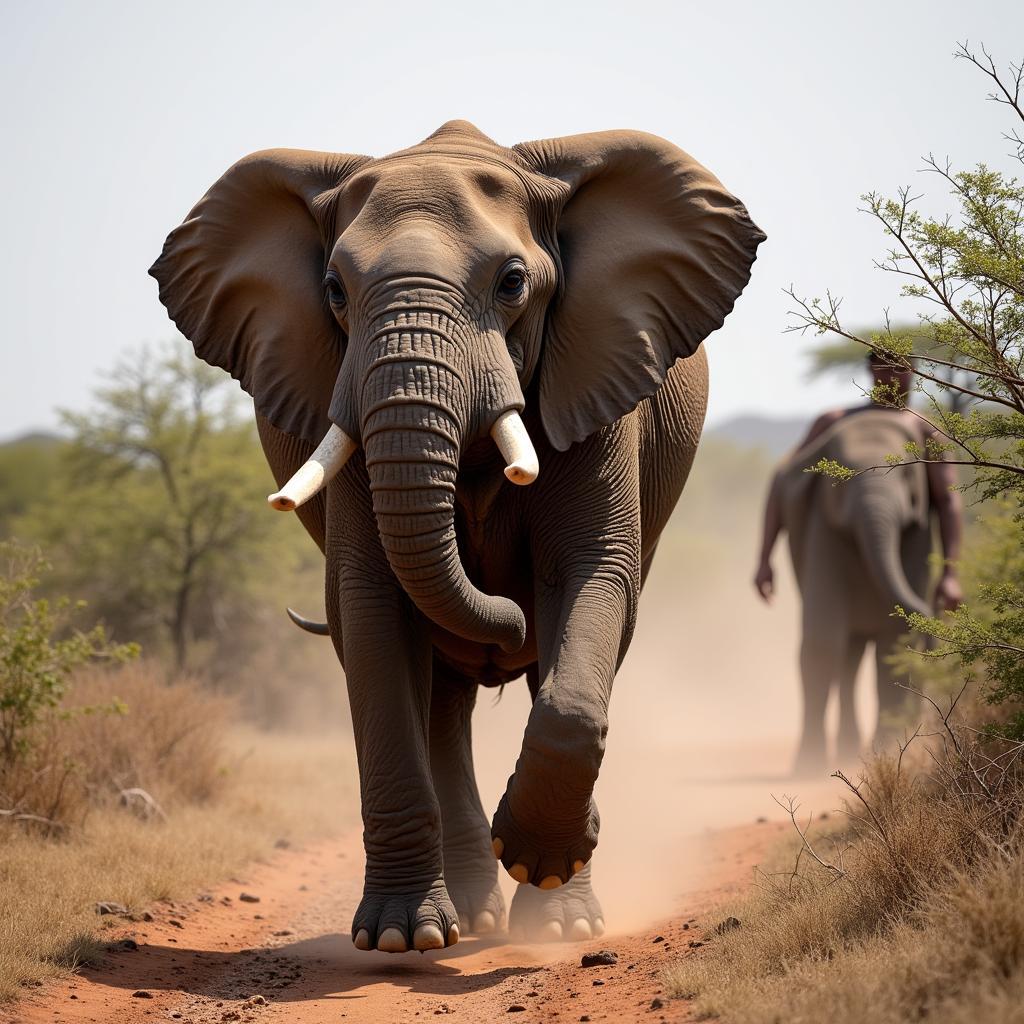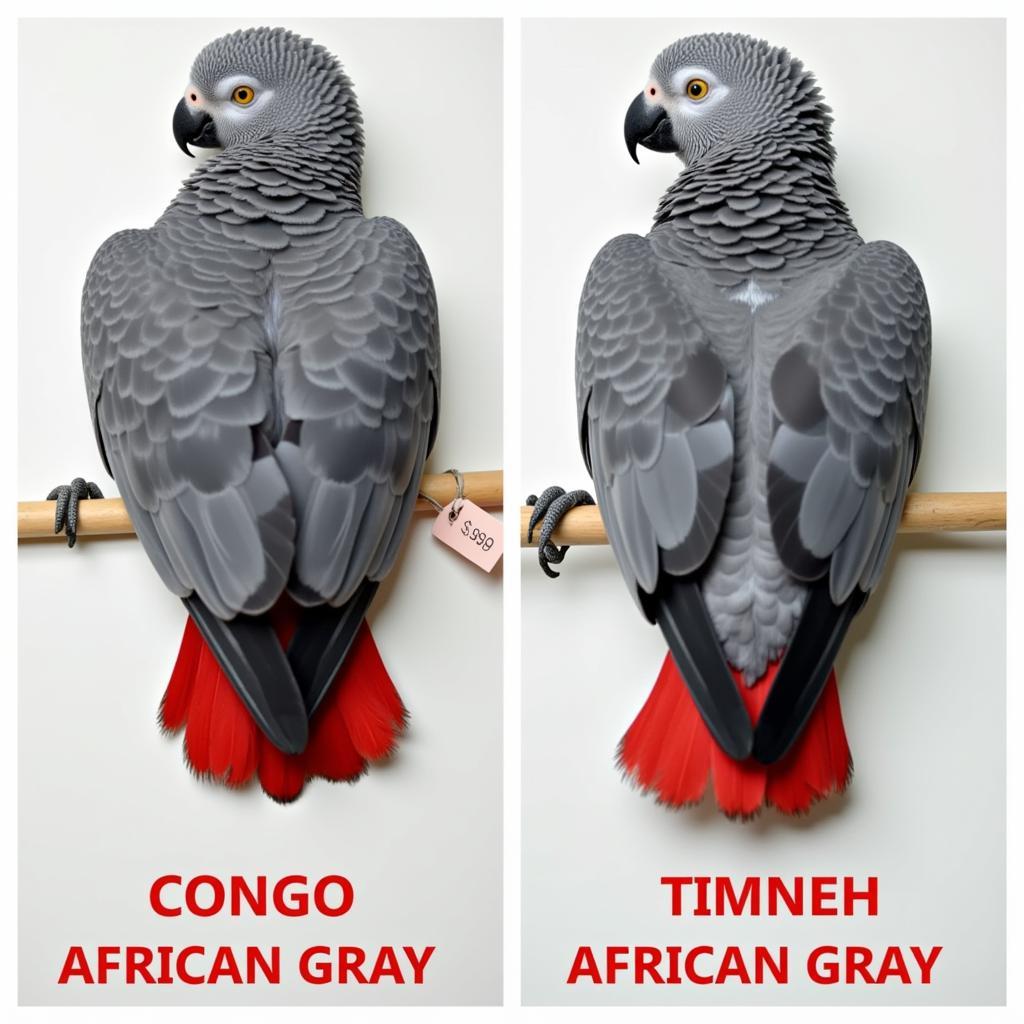Exploring the Majestic Sounds of African Instruments: Horns
African instrument horns represent a diverse and captivating array of musical instruments, deeply ingrained in the cultural fabric of numerous communities across the continent. From majestic trumpets used in royal ceremonies to the evocative melodies of animal horns echoing through the savannah, these instruments hold profound cultural significance and offer a unique window into the rich musical traditions of Africa. This exploration delves into the variety of African horns, their construction, cultural contexts, and the captivating sounds they produce.
A Symphony of Sounds: Unveiling the Diversity of African Instrument Horns
African horns are as varied as the landscapes and cultures from which they originate. These instruments, often crafted from natural materials like animal horns, wood, or gourds, are integral to a wide range of social events, from celebrations and rituals to storytelling and communication across vast distances. Some horns are simple, producing single notes, while others boast complex designs and can create a surprising range of melodies. They are not merely instruments; they are voices that carry the history, beliefs, and artistic expressions of their people.
After a long day’s journey, the sounds of African journey songs often incorporated the resonant tones of horns, signaling the return of loved ones and the promise of communal gatherings.
Crafting the Voice: Materials and Construction of African Horns
The construction of African instrument horns is a testament to the ingenuity and artistry of African craftspeople. The Kudu horn, for instance, is made from the spiral horn of the greater kudu antelope. The horn is carefully hollowed out and a mouthpiece is added, transforming it into a powerful instrument capable of producing a deep, resonant sound. Similarly, the animal horns often become focal instruments with accompanying African beats instrumental. Other horns are crafted from wood, gourds, or even elephant tusks, each material contributing unique sonic qualities. The process often involves intricate carving, decorating with beads, shells, or other symbolic adornments, adding both aesthetic and spiritual value to the instrument.
The ingenuity extends to other musical forms too, pushing boundaries with innovative sounds like African beat future.
From Rituals to Revelry: Cultural Significance of African Horns
African instrument horns play a pivotal role in a multitude of cultural contexts. In some societies, they are used in royal courts to announce the arrival of dignitaries or to signal important events. In others, they feature prominently in religious ceremonies, their deep tones believed to connect with the spiritual realm. Horns are also essential in traditional music ensembles, adding a distinctive layer of sound and rhythm to dances and celebrations. They symbolize power, authority, and a deep connection to ancestral traditions.
Some communities engage in the trade of African animal horns for sale, contributing to the economic aspects of these cultural artifacts.
What are the most common types of African instrument horns?
Some of the most common types include the Kudu horn, the Shofar, and various wooden and gourd horns. Each has its unique characteristics and cultural significance.
How are African horns used in traditional music?
African horns are used in a variety of musical contexts, from solo performances to ensemble playing. They can provide melodic lines, rhythmic accompaniment, or signal important moments in a piece of music.
The Future of Tradition: Preserving the Legacy of African Instrument Horns
As Africa continues to evolve, so too does the role of its traditional instruments. Contemporary musicians are increasingly incorporating African horns into modern genres, creating a fusion of ancient sounds and contemporary rhythms. This innovative approach helps preserve the cultural heritage of these instruments while introducing them to new audiences worldwide. Efforts are also underway to document and archive traditional horn music, ensuring that these rich musical traditions are passed down to future generations. The blend of tradition and modernity promises a vibrant future for African instrument horns. Check out the latest trends in African funking for innovative uses of traditional instruments.
Conclusion: The Enduring Power of African Instrument Horns
African instrument horns are more than just musical instruments; they are living embodiments of cultural heritage, artistic expression, and spiritual connection. From the resonant tones of the Kudu horn to the intricate melodies created on wooden horns, these instruments offer a captivating glimpse into the diverse musical landscape of Africa. Their enduring presence in both traditional and contemporary music underscores their profound significance and ensures that their majestic sounds will continue to resonate for generations to come. Explore the rich world of African instrument horns and discover the vibrant tapestry of sounds they weave.
FAQ
- What is a Kudu horn? A Kudu horn is a musical instrument made from the horn of the greater kudu antelope.
- How are African horns made? African horns are made from various materials like animal horns, wood, and gourds, often involving intricate craftsmanship.
- What is the cultural significance of African horns? African horns hold diverse cultural meanings, used in rituals, ceremonies, music, and communication.
- Are African horns still used today? Yes, African horns are still used today, both in traditional settings and in contemporary music.
- Where can I learn more about African music? Numerous resources online and in libraries offer further information about African music and instruments.
- Can I purchase an African horn? Yes, you can purchase African horns from specialized music stores and online retailers.
- Are there different types of African horns? Yes, a wide variety of African horns exists, each with unique characteristics and cultural significance.
Need more help? For any questions or support, please contact us at Phone Number: +255768904061, Email: kaka.mag@gmail.com Or visit our address: Mbarali DC Mawindi, Kangaga, Tanzania. We have a 24/7 customer support team.


